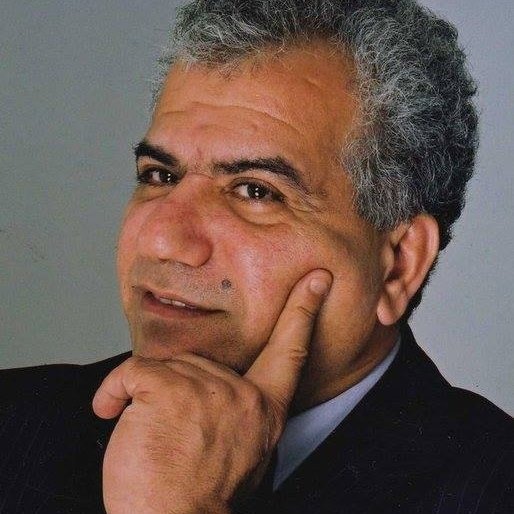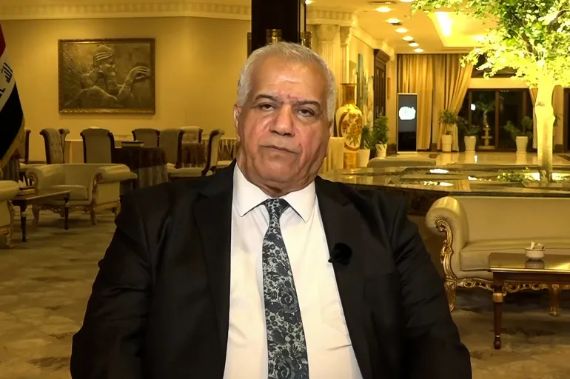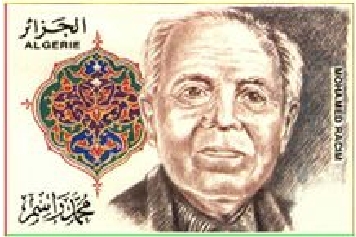LONDON, March (UPI) – France is seeking a peaceful solution of the Iraqi crisis with the hope of boosting its influence in Iraq which is slated to become the first world oil exporter. At the same time, French President Jacques Chirac will be consolidating its position as the faithful heir of former President Charles De Gaulle’s policy of independence from the United States.
But the Iraqi government is watching with great suspicion France’s declared intention of using its veto power to block a U.N. Security Council resolution allowing the use of military force against Iraq. Baghdad said several times that it was wary of Paris’ hesitation and double standard policies and that it expected France to back down eventually and adopt the U.S. stance. Baghdad believes that Chirac will end up joining the U.S. campaign as his predecessor Francois Mitterrand did when he dispatched forces to the Gulf in 1991 to take part in the Desert Storm operation which evicted Iraqi occupation forces from neighboring Kuwait.
Opponents of the Iraqi regime accuse France of duplicity and falseness and consider its opposition to unilateral use of force against Iraq as a fake behavior. They also believe that France’s speech challenging U.S. hegemony is for local consumption and aimed at winning Arab public opinion which is suspicious of the true French policies on Iraq.
The opposition accuse France as well of violating international law and the charter of the United Nations when it comes to safeguarding its interests, arguing that Paris was opposed to war to avert the ouster of Iraqi President Saddam Hussein who is a good friend and a good client.
The opponents go as far as accusing President Chirac of complicity with Saddam for over a quarter of a century, claiming that they had personal relations and struck friendly deals under which Baghdad generously financed Chirac’s election campaigns and offered an annual financial assistance to the Gaulist Rassemblement Pour la Republique party, founded by Chirac.
The opposition’s accusations were based on mutual public declarations of admiration made by Chirac and Saddam during the former’s visit to Baghdad in 1975 when he was France’s prime minister. It was that visit which ushered in the golden age in French-Iraqi relations. Soon after, France helped Iraq build its first nuclear reactor, the Ozirak, which was bombarded by Israel in 1981 after receiving information from the U.S. as well as France.
Also, after Chirac’s visit, Iraq became the first purchaser of French arms and France’s main oil supplier. Saudi Arabia which topped the list of importers of French arms until 1980, came second after Iraq in the wake of the outbreak of the Iraq-Iran war. From 1980 until the 1990 Iraqi invasion of Kuwait French arms exports to Iraq and Saudi Arabia amounted to 75 percent of France’s total arms sales.
The French official stance on the Iraqi crisis is at least on the surface opposed to war, taking into consideration that Paris has lots of interests at stake especially that Iraq is slated to become the world’s number one oil producer and supplier.
Obviously France is undecided and hesitant regarding Iraq because its interests will be in a better position if Saddam’s regime persisted. With the right back in full power, Paris is seeking to exploit the card of “friendship” between Chirac and Saddam again, along with the veto card to discard dangers posed on French oil interests by the Russian lobby which succeeded in straining French-Iraqi relations last year.
According to observers, the struggle is at its utmost between the French and Russian lobbies over influence and interests in Iraq. France was strongly criticized by Baghdad last year when it agreed on the “smart sanctions” passed against Iraq at the U.N. Security Council. At the time, Iraqi daily Babel, which is run by Saddam’s eldest son, Uday, warned France that its stance endangered the businesses of French oil companies and their privileges in Iraq.
France’s oil company, Total Elf, has exclusive negotiations rights over the southern major oil fields of Majnoun and Bin Omar and was about to sign new oil contracts lately before the Iraqi oil minister was dismissed for canceling other oil contracts with Russia.
France which is seeking to play a key role in the region, is also hesitant to build true relations with any party of the Iraqi opposition. France is still the only major European country which does not receive Iraqi opposition leaders or hold official dialogue with them. End



